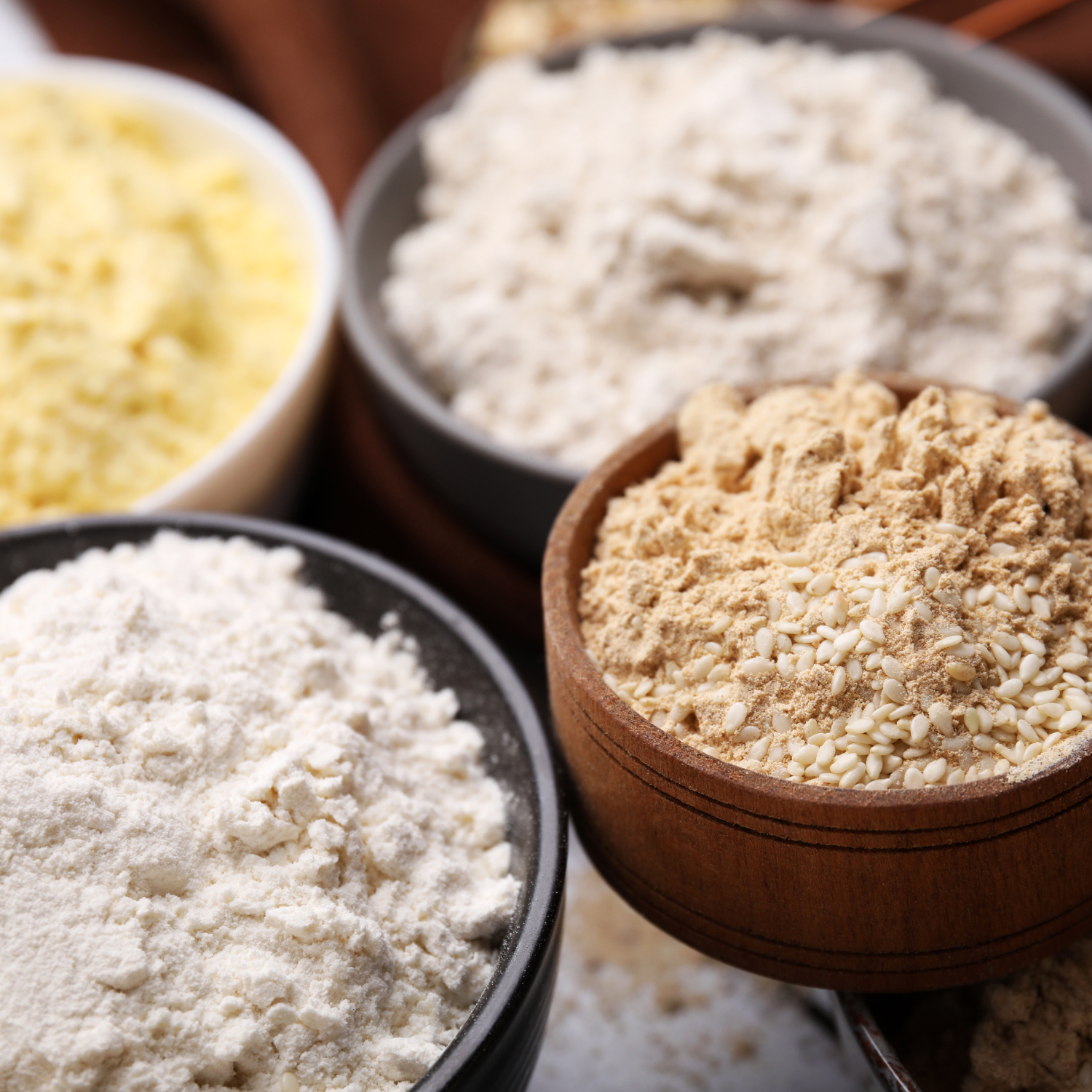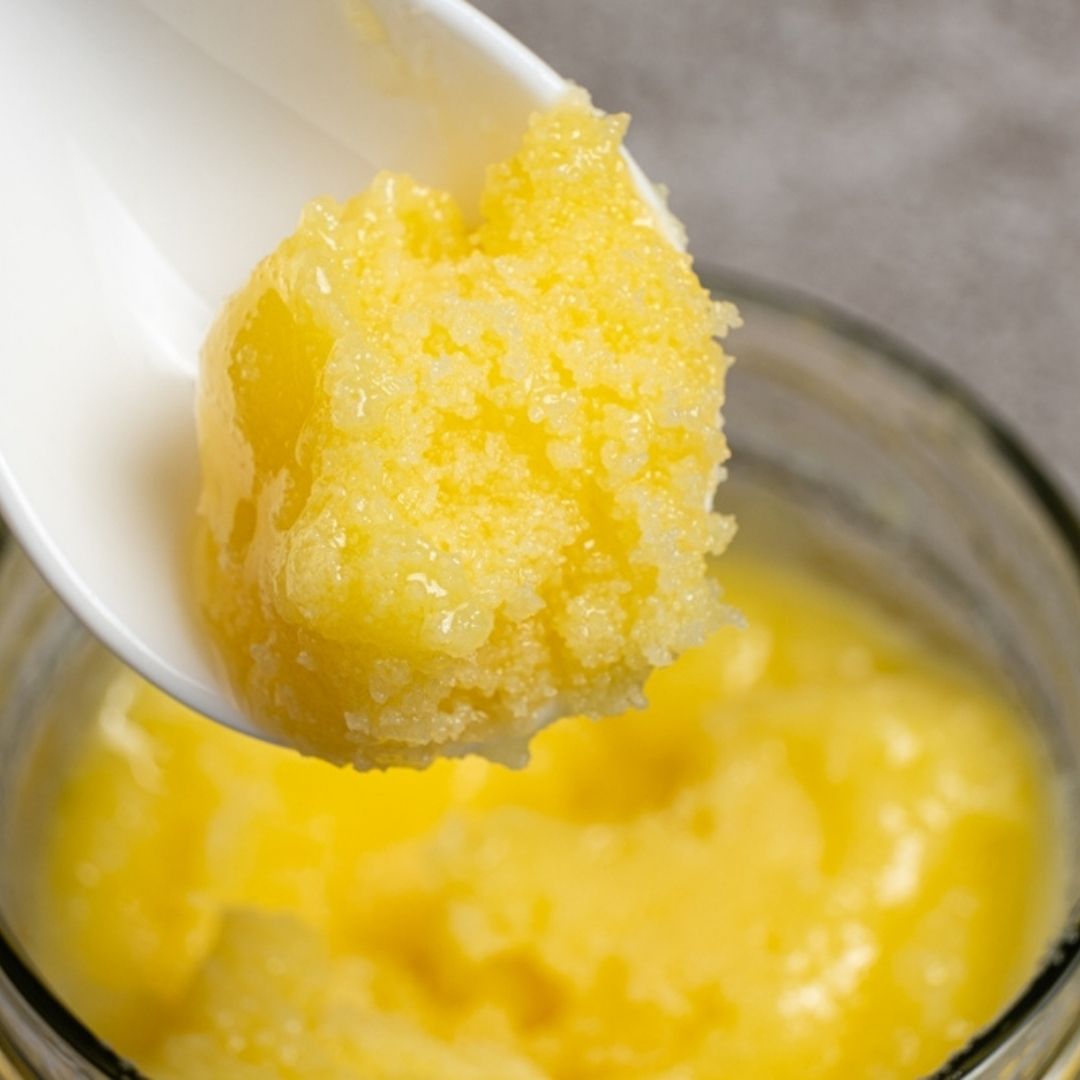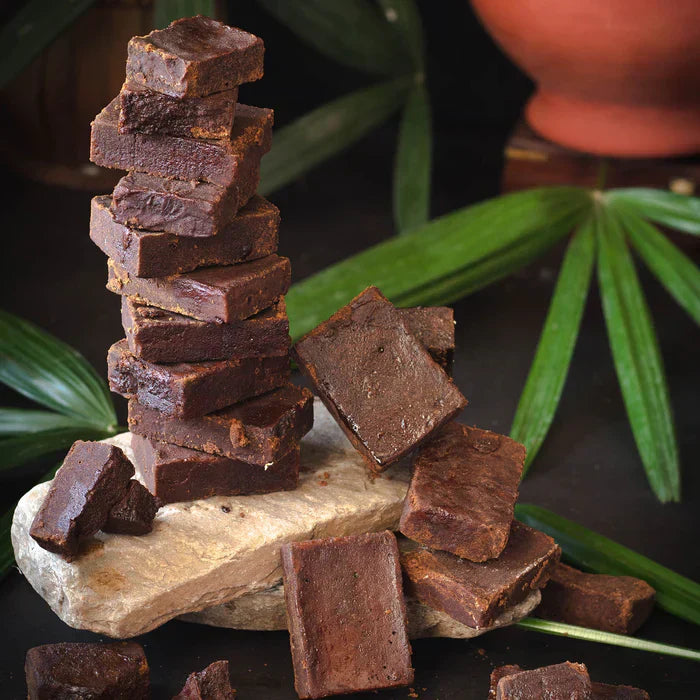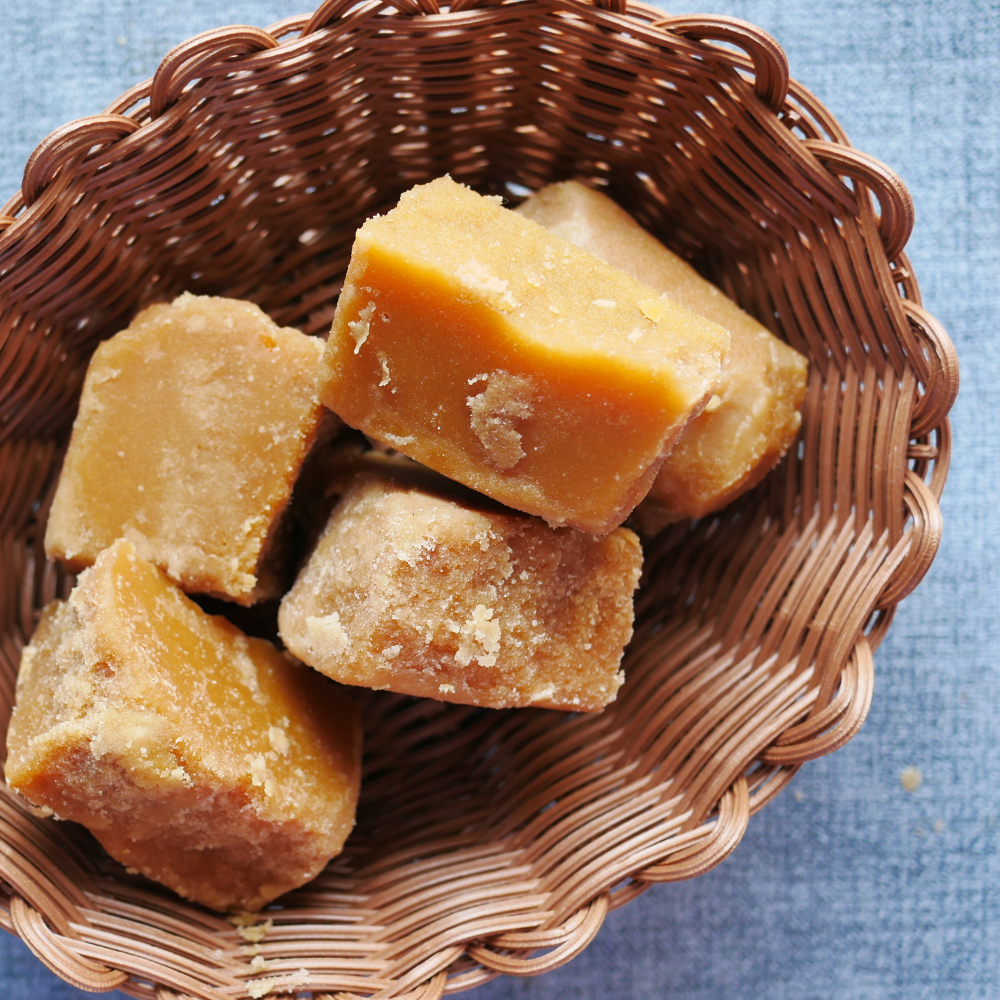Groundnut oil and sunflower oil are two common choices when selecting healthier cooking oils. Though both are widely used in kitchens across the globe, how do they differ in terms of their health benefits? In order to assist you in making an informed choice regarding your diet, this blog will examine the nutritional profiles, health benefits, and culinary applications of both groundnut oil and sunflower oil.
Comprehending Groundnut Oil
The seeds of the peanut plant are used to make groundnut oil, commonly referred to as peanut oil. Its mild flavor and high smoke point have made it popular in Asian cuisine, where it has been used for a very long time.

Nutritional Profile
-
Fat Content: Monounsaturated fats (MUFA), which are good for the heart, are abundant in groundnut oil.
-
Vitamins and Minerals: It has vitamin E, an antioxidant that guards against cellular damage in the body.
-
Calories: About 119 calories are included in one tablespoon of groundnut oil.
Health Benefits
-
Heart Health: The high MUFA content supports cardiovascular health by lowering bad cholesterol (LDL) and raising good cholesterol (HDL).
-
Antioxidant Properties: By defending against oxidative stress, vitamin E may lower the chance of developing chronic illnesses.
-
Anti-inflammatory Effects: Because of the oil's structure, ailments like arthritis may benefit from a reduction in inflammation.
-
Culinary Uses: Due to its high smoke point, groundnut oil is perfect for sautéing and frying. Because of its subtle flavor, it can be used in a variety of recipes without dominating other flavors.
Examining Sunflower Oil
Sunflower oil is commonly used in skincare and cooking items, and it is extracted from sunflower seeds. Many households find it to be a popular choice due to its adaptability and light flavor.
Nutritional Profile
-
Fat Content: Sunflower oil has a high content of polyunsaturated fats (PUFA), especially the necessary fatty acid linoleic acid.
-
Vitamins and Minerals: Like groundnut oil, it is likewise high in vitamin E.
-
Calories: About 120 calories are included in one tablespoon of sunflower oil.
Health Advantages
-
Heart Health: The PUFA content, particularly the omega-6 fatty acids, can help lower levels of harmful cholesterol. It's crucial to balance your consumption of omega-3 and omega-6 fatty acids, though.
-
Skin Health: Sunflower oil is frequently used as a component in skincare products because of its high vitamin E concentration, which supports skin health.
-
Dis Inflammatory Effects: Sunflower oil has anti-inflammatory properties similar to groundnut oil, which can be advantageous to general health.
-
Culinary Uses: Sunflower oil works well in salad dressings, baking, and cooking. Its flavorless taste guarantees that it won't change the flavor of your food.
A comparative analysis of sunflower oil and groundnut oil
Fat Content
-
Groundnut oil: Packed with heart-healthy, stable monounsaturated fats.
-
Sunflower oil: A sunflower oil's content of monounsaturated or polyunsaturated fats varies depending on the cultivar. If you want more monounsaturated fats, high oleic sunflower oil is a great option.
Vitamin E Content
These oils are great providers of vitamin E, which promotes skin health and has anti-aging properties.
-
Smoke Point: Groundnut oil has a high smoke point, around 450°F/232°C, which means it can be used for cooking at high temperatures.
-
Sunflower oil: This oil is also excellent for sautéing and frying because of its high smoke point, which is around 440°F or 227°C.
Health Effects
-
Groundnut oil: contains monounsaturated fats that are good for the heart, however people who are allergic to peanuts should not consume it.
-
Sunflower oil: To avoid possible inflammation, a careful balance of omega-3 fatty acids must be maintained due to the high PUFA content. Sunflower oil with high oleic content provides a better balance.
Culinary Flexibility
These oils are both useful in the kitchen. Sunflower oil's neutral flavor works well for baking and salad dressings, while groundnut oil's slightly nutty flavor is great for stir-fries and Asian cuisine.
Conclusion: Which is healthier?
Your culinary preferences and dietary requirements will determine which type of oil is best for you—groundnut or sunflower. Due to its high monounsaturated fat content, groundnut oil is great for cooking at high temperatures and heart health. Allergies to peanuts, however, need to be avoided. High oleic sunflower oil is especially adaptable in the kitchen and provides a nice balance of beneficial fats.







